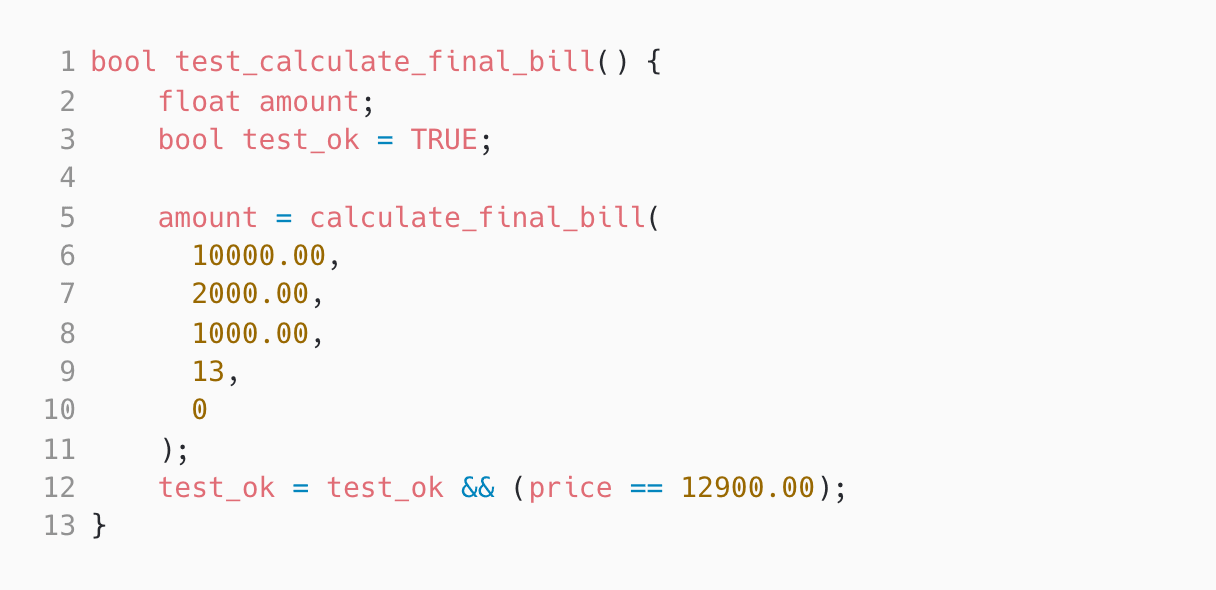Logical Reasoning: Logical Reasoning is the ability to analyze and evaluate arguments, identify patterns, and draw conclusions based on logical rules and principles. This skill is crucial for identifying flaws, inconsistencies, and gaps in software requirements, specifications, and test cases.
Analytical Thinking: Analytical Thinking is the capacity to break down complex problems into smaller components, analyze data, identify patterns, and develop logical solutions. This skill is necessary for reviewing and analyzing test results, identifying root causes of defects, and determining appropriate corrective actions.
Software Testing: Software Testing is the process of evaluating software to ensure that it meets specified requirements and quality standards. This skill is essential for assessing the functionality, performance, usability, and security of software applications.
Quality Assurance: Quality Assurance is the systematic and planned set of activities that ensure that software products and processes meet specified requirements and adhere to defined standards. This skill is important for establishing and maintaining quality standards, processes, and methodologies within an organization.
Test Planning: Test Planning is the process of defining the scope, strategy, and objectives of testing activities. This skill involves developing a comprehensive test plan that outlines the test approach, resources, timelines, and deliverables.
Test Design: Test Design is the process of creating test cases and test scripts based on requirements, specifications, and test objectives. This skill enables effective test coverage and ensures that software is thoroughly tested for different scenarios and conditions.
Defect Tracking: Defect Tracking is the practice of capturing, managing, and tracking defects found during the testing process. This skill involves recording detailed defect information, prioritizing defects based on severity and impact, and tracking the progress of defect resolution.
Regression Testing: Regression Testing is the process of rerunning previously executed tests to ensure that existing functionality has not been impacted by software changes or fixes. This skill is necessary to verify that new developments or bug fixes have not introduced any unintended side effects.
Performance Testing: Performance Testing is the process of testing software applications under expected and peak load conditions to assess its performance, responsiveness, scalability, and stability. This skill is vital for identifying and resolving performance bottlenecks and ensuring optimal system performance.
Security Testing: Security Testing is the process of assessing software applications for vulnerabilities and weaknesses that could be exploited by unauthorized entities. This skill involves identifying potential security risks, conducting penetration tests, and implementing appropriate security measures.
Usability Testing: Usability Testing is the process of evaluating the user-friendliness, accessibility, and effectiveness of a software application. This skill involves gathering user feedback, conducting user tests, and making improvements to enhance the overall user experience.

























































